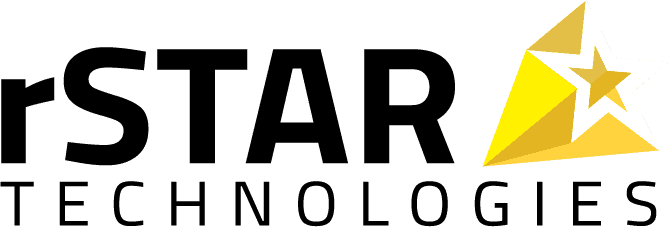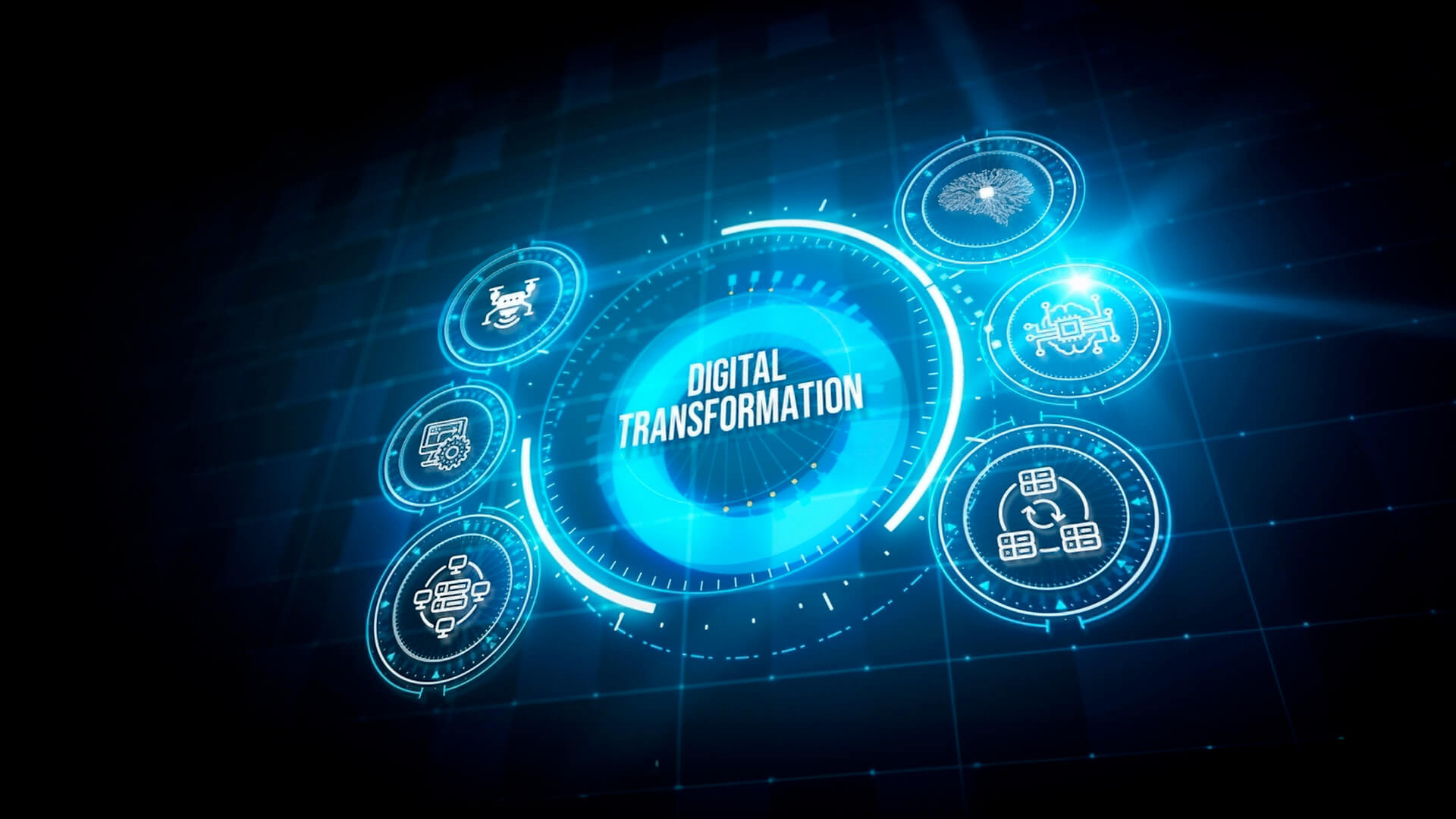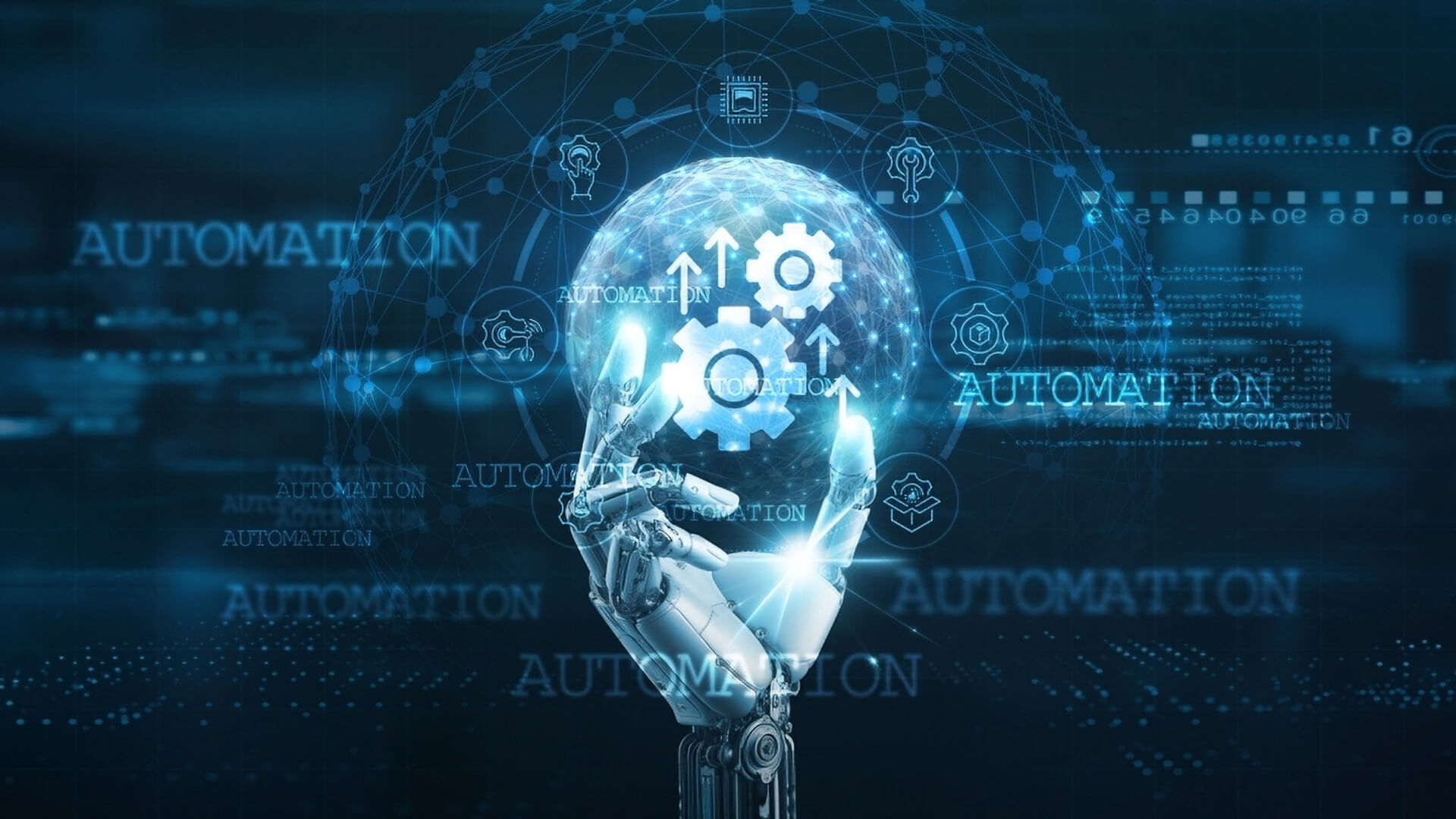In today’s fiercely competitive business landscape, manufacturers and asset-intensive companies seek ways to refine operations, improve efficiency, and gain firm footing.
This is where Artificial Intelligence (AI) has become a strategic tool. Large enterprises are taking the next step by seamlessly integrating it with their existing Enterprise Resource Planning (ERP) and Customer Relationship Management (CRM) systems. This move presents a strategic opportunity for manufacturers and others looking to seize the moment.
Table of Contents
Key Players Leading the Charge
Leading Enterprise Resource Planning (ERP) and Customer Relationship Management (CRM) vendors like Oracle and Salesforce have embraced AI with open arms. They’ve taken steps to actively embed AI functionalities within their platforms, resulting in freestanding solutions that can be readily implemented. One key advantage is that companies don’t have to dedicate resources to sophisticated, in-house development, allowing company leaders to lean on vendors’ expertise.
AI + ERP + CRM: More Than the Sum of Their Parts
Integrating AI into manufacturers’ and asset-intensive companies’ ERP and CRM systems can pay dividends on several fronts. To further understand the scope, let’s explore some practical ways AI can add value to their operations.
Enhanced Sales Forecasting
AI can sift through historical sales data, buying patterns, and market trends to anticipate sales. In turn, leaders can better calibrate production activity and inventory. The same goes for determining where to dedicate resources and to what extent. All of this can contribute to lower costs and improved customer satisfaction.
Predictive Maintenance
Sensor data from equipment and machinery can alert plant managers to potential issues before they’re evident. This data-driven approach can curb downtime, minimize production disruptions, and offset big-ticket repairs.
Improved Quality Control
Using AI in tandem with machine vision technology can bring efficiency to visual inspection processes. Workers can identify defects instantly to maintain product quality and prevent subpar items from leaving the facility.
Streamlined Supply Chain Management
Decision-makers can use AI-informed insights to better align supply with demand. Such clarity can help maintain just-in-time inventory levels, reduce storage costs, and better source materials.
Personalized Customer Service
CRM systems, enhanced by AI chatbots, provide 24/7 customer support. These widgets can be programmed to handle common customer inquiries, free up staff time spent on routine tasks, and direct matters that need attention to human representatives. As a result, customers tend to be happier, as they can find resolution when convenient. Internally, staff feel less burdened by calls and are less prone to burnout.
Data-Driven Decision Making
AI helps business leaders pull data from various sources that can shed light on operational challenges and opportunities. Armed with actionable insights, they can implement changes that positively boost efficiency and profitability.
Beyond the Basics: The Future of AI in ERP and CRM
AI in ERP and CRM for manufacturers may be just the tip of the iceberg. As AI technology continues to evolve, the following areas will likely represent the next chapter:
Autonomous Process Optimization
Decision-makers can leverage AI algorithms to analyze and modify manufacturing processes. For instance, they can quickly identify relationships between input resources and desired outcomes.
Hyper-Personalized Customer Engagement
The technology behind AI-powered chatbots will develop in a way that makes customers feel more valued. By crunching through datasets of buyer behavior, businesses can understand a customer’s preferences and future needs on a deeper level.
Predictive Product Design
AI can shed light on customer expectations so manufacturers can develop products that meet unmet needs. Product simulation can tell designers how design concepts will perform in the real world while correcting design flaws early before manufacturing.
The future remains unseen, yet one constant stands out. Our track record of successfully implementing AI solutions in manufacturing settings has significantly improved our clients’ bottom line. By partnering with rSTAR Technologies, you can expect nothing less than efficiency, quality, and excellence.
About rSTAR Technologies
rSTAR is a full-service specialized system integrator built to transform leaders in the asset-intensive industries, such as energy and utilities, manufacturing, high-tech, and automotive into business value all-stars by focusing on digital transformation initiatives. With over 20 years of experience in Oracle, Microsoft, and Salesforce, the company provides consulting, implementation, and services for AI, CX integration and automation solutions. For more information, please contact rSTAR Technologies






